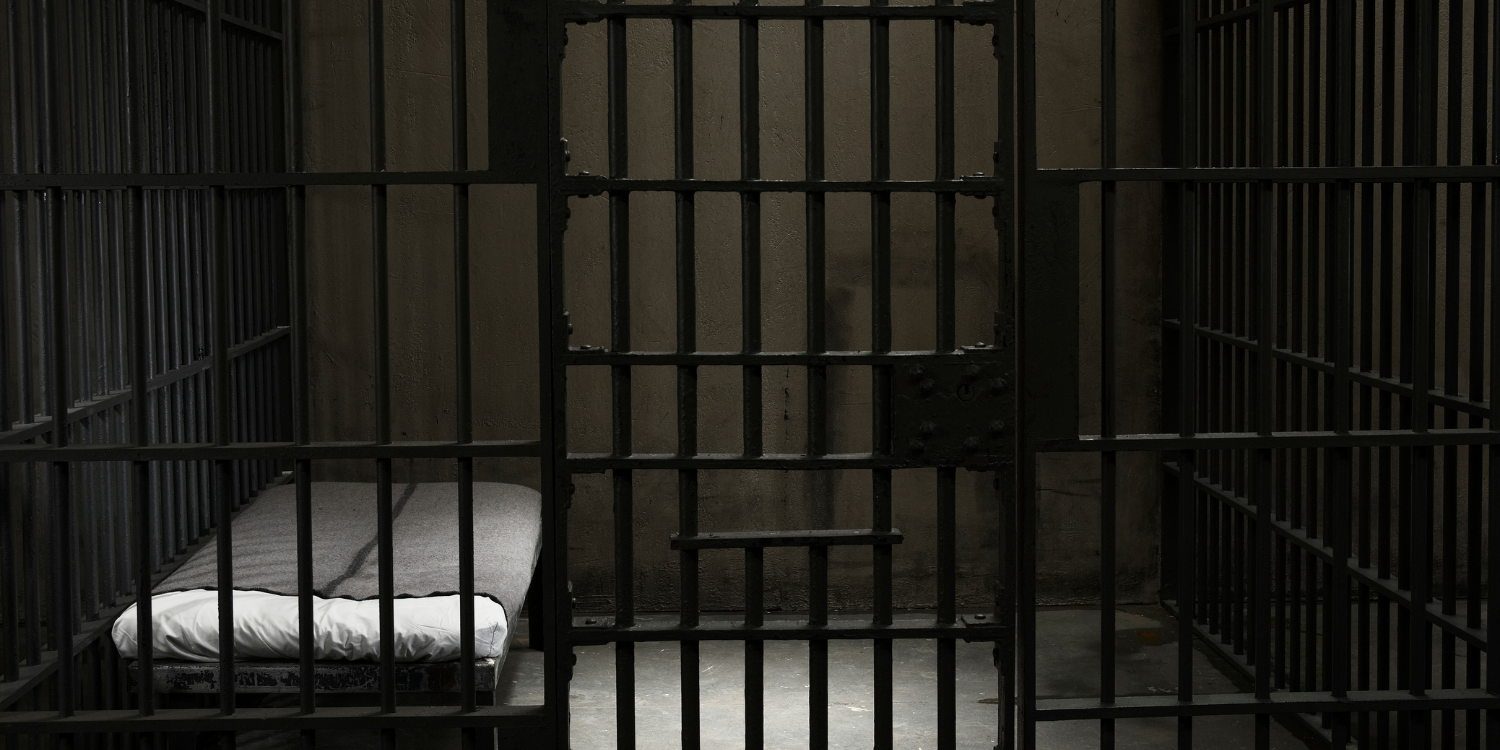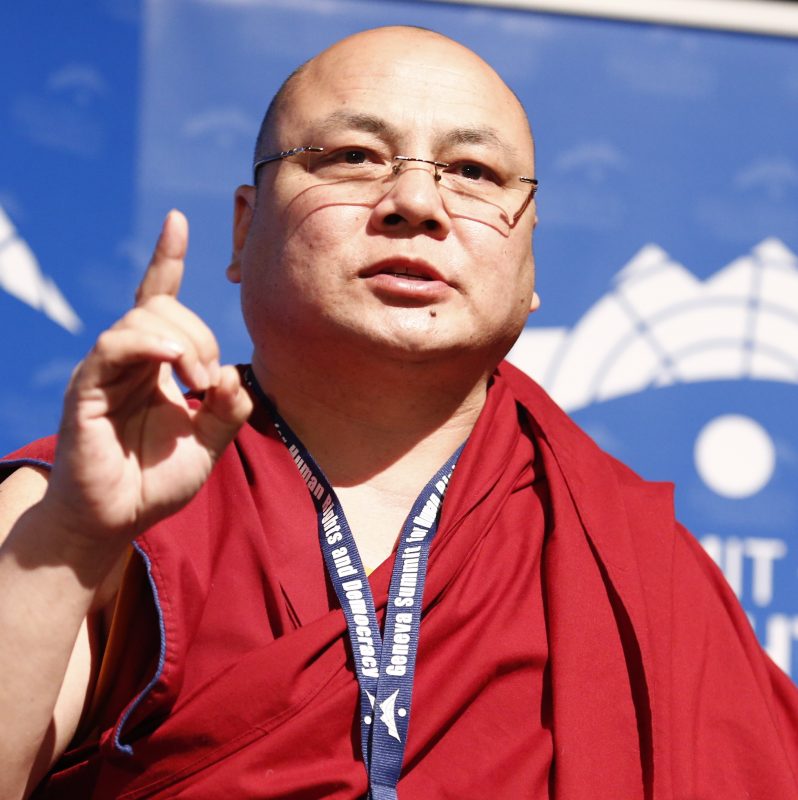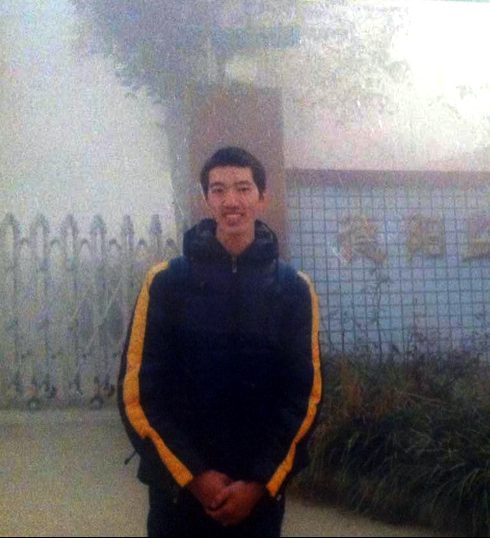“Whenever I remember that chair I feel scared, even to this day.”
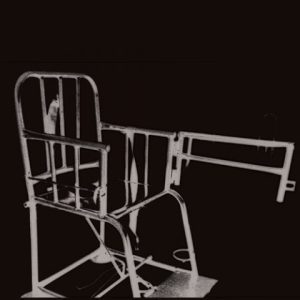
Prisoners are shackled to interrogation chairs (sometimes known as tiger chairs) to hold them still while being questioned and tortured. The chair itself can be a form of torture. Survivor Golog Jigme reports being hung from it by his wrists and ankles:
“This made me feel that my chest was going to split into two and all my intestines were going to fall onto the floor. I became very dizzy and could not see properly.”
China’s government defends the use of the chair, however. In 2015, a senior Chinese legal official told the United Nations’ Committee Against Torture that:
“We use the interrogation chair to guarantee safety of the detainee … it is sometimes packaged with soft padding to increase a sense of comfort, a sense of safety.”
“The water that came from the toilet had to be drunk to quench our thirst.”
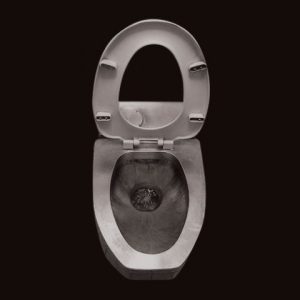
Former political prisoners describe how they were denied liquids and endured infections after being given dirty water.
“Most of the prisoners were suffering from urinary infections, kidney infection and a lot of health problems. The water that came from the toilet had to be drunk to quench our thirst.” – Gonpo Thiney
“The pain of thirst was the second-worst torture. Due to the blood loss from my body, I felt like I was dying from thirst, but was only given a very small amount of water. Over time, I got used to hunger and sleep deprivation, but never to being thirsty.” – Golog Jigme
“The stove and its chimney got hotter and hotter.”
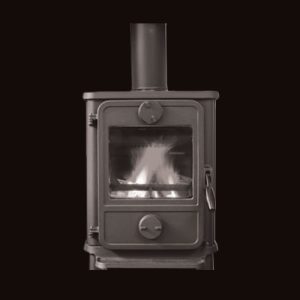
“I was taken down and brought to a hot wood/coal burning stove. I was handcuffed with the hot chimney of that stove between my arms. The stove and its chimney got hotter and hotter and my arms, chest and both sides of my face got burned and blistered. I kept turning my face, so the middle part (nose, chin and forehead) would not burn.”
“At one point, I couldn’t stand the heat anymore. So I gave a hard tug to the chimney with my handcuffs. The hot chimney fell down and hit the neck of one of the police officers and burned him. My action made the policemen angry and they started beating me.” – Golog Jigme
“They forced me to sit in cold water with only underwear and my feet were stuck to the ice.”

In 2014, Tibetan prisoner Goshul Lobsang was released from prison at the point of death. Tortures he had faced included being left outside in the Tibetan winter. He died three days after being released.
“The weather is really cold in Tibet between March and April. They forced me to sit in cold water with only underwear and my feet were stuck to the ice.” – Tenzin Namgyal
“That night, I was taken into a freezing cold room with all the windows open. My guards went to sleep with warm clothes on. I couldn’t sleep with all the pain of the burns on my chest and, even worse, I became very cold and started to get a fever.” – Golog Jigme
“The officer would clap and the rest of them would blindly start hitting and kicking me.”
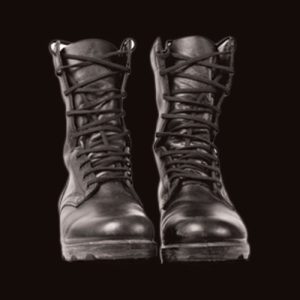
“It felt like something out of a gangster film.” – Golog Jigme
“They kicked us and hit us with batons. Slapping and kicking are not even counted as beatings.” – Gonpo Thinley
Beatings are routine for Tibetan prisoners. Some are so severe they are fatal. In 2014, Ngawang Jamyang’s body was released to his family three weeks after his arrest on unknown charges. Marks on his body showed that he had been beaten and tortured to death.
“They held the gun to the back of my head and they fired it.”

“They told me: “We are going to kill you so say your prayers as you are a religious man. It is better you don’t look at us, we don’t want you to harm us after you are reborn as a ghost.” They made me turn around and held a gun to the back of my head. They told me to think hard. They held the gun to the back of my head and they fired it. I heard the sound of the gun and my heart was beating so fast but I thought I was yet to die.”
“They put the gun aside and asked if I had anything else to say. I said I didn’t. They pointed the gun at me again and asked me if I had anything else to say. I was not sure whether they had bullets in the gun or not. They trampled my face on the floor and kept pointing the gun on my head. I thought I was going to die as many Tibetans had been killed by this kind of torture before.” – Tenzin Namgyal
“I was hung like this for a whole day.”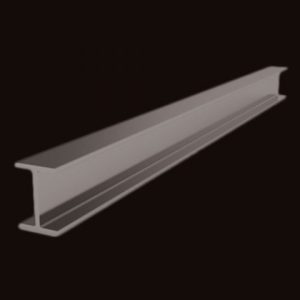
“I was hung from the ceiling by my handcuffs. My toes just touched the cold floor. The officials started punching and kicking me to entertain themselves. I was hung like this for a whole day.” – Golog Jigme
“They also tied both hands up on the ceiling and beat us on our feet with batons. We were hanging above the ground.” – Gonpo Thinley
“I only smelt the burning of my own flesh.”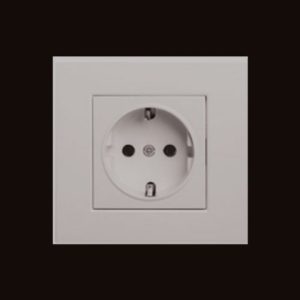
“Then they burned my body using electrical currents, even my tongue.” – Tenzin Namgyal
“Our heads were burned. Sometimes they also used electric batons in our mouth, which caused us to lose consciousness.” – Gonpo Thinley
“I was put onto the chair without any clothes and they gave me electric shocks to my mouth. The pain the chair caused was too extreme to feel any of the pain. I only smelt the burning of my own flesh.” – Golog Jigme
Resistance
Despite the suffering they faced, Tibetan prisoners remained defiant.

